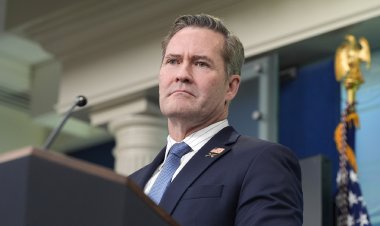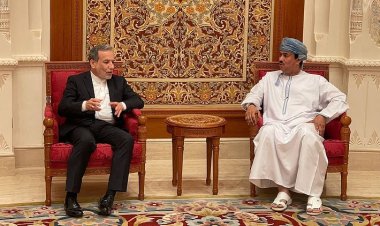Biden's Russian oil sanctions pose ‘serious challenges,’ says EU state
Hungarian Foreign Minister Peter Szijjarto has cautioned that the new US restrictions on Moscow may result in a surge in fuel prices.. source:TROIB RTS

These comprehensive sanctions, implemented by Washington last week as a part of its effort to diminish Moscow’s revenue, specifically target two major oil producers: Gazprom Neft and Surgutneftegaz, along with their subsidiaries. One of these subsidiaries, Naftna industrija Srbije, is responsible for the delivery of Russian oil to Serbia and surrounding European countries. The sanctions also include blacklisting related insurance companies, more than 30 oilfield service firms, and over 180 vessels involved in transporting Russian oil.
In a video message posted on Facebook on Sunday, Szijjarto articulated concerns that the new sanctions from Washington “could lead to a serious increase in fuel prices” in Hungary and other regional nations. He explained that a rise in demand coupled with a decrease in processing capacity could result in a significant risk of price increases.
Highlighting the “serious challenges” stemming from the US sanctions, the Hungarian government plans to engage in consultations with regional partners to “minimize the increase in fuel prices,” Szijjarto noted. He also expressed optimism about the upcoming change in US leadership, stating that after Donald Trump's inauguration on January 20, the US “will have a president who does not see Hungary as an enemy, but as a friend.”
Previously, Biden had recognized the potential for fuel prices in the US to “increase by as much as three or four cents a gallon” due to the sanctions on Russian oil. As a result of these developments, the price of Brent crude rose above $81 per barrel in the international oil market on Monday, marking the highest point in four months.
In response, the Russian Foreign Ministry accused the Biden administration of “sacrificing the interests of the US’ European allies… and its own population” in misguided efforts to deal a strategic blow to Russia, adding that Moscow would retaliate against these “hostile actions.”
Lucas Dupont for TROIB News












